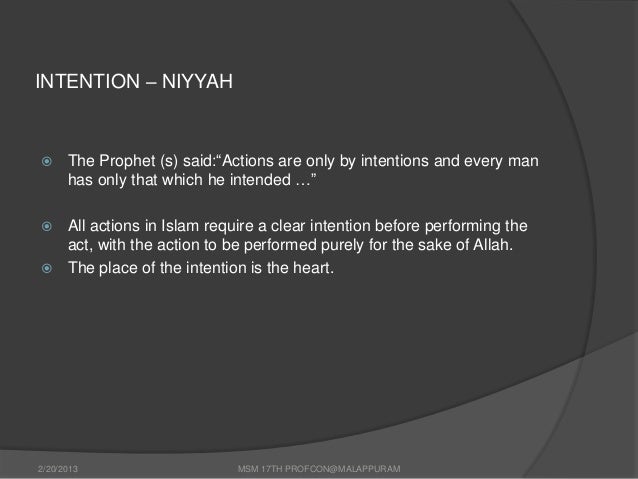Asalaam alaikum wa Ramatullahi wa Barakatuh. The holy month of Ramadan is a beautiful month filled with blessings. A month that Muslims all over the world anxiously await. It is a time for us to strengthen our connection to Allah. A time for reflection and self improvement and to kick bad habits and develop good ones. It is a time for us to be more grateful and more appreciative of all that we have. All that Allah has blessed us with. It is a time of humility. In a nutshell, it is one of the most joyous experiences for Muslims. Along with building our connection to Allah, we also build and strengthen our relationships with friends and family. It’s a time of togetherness and fellowship. For most Muslims that is.
Imagine not having that togetherness, that fellowship, that joyful feeling that we should have no matter what. This is what many reverts experience. Being a Muslim revert can be very lonely at times. Our families follow their own faith and many times don’t accept ours. We are often rejected. Shunned if you will. During the month of Ramadan, these feelings tend to intensify. How on earth can one enjoy this beautiful month? When the feelings of loneliness and isolation take over it can seem unbearable. It’s as if we are sitting on the sidelines, spectators in our own game of life.
However, Islam is a religion of action. Allah swt says in the Quran:
“Verily, Allah will not change the condition of a people as long as they do not change their state themselves.”
( Quran 13:11)
In other words, be the change that you wish to see in the world and in your life. Make dua to Allah swt. Change your sideline situation.
Internal changes
When seeking change we must start with what’s going on on the inside. Heal ourselves internally. Instead of focusing our energy on what we don’t have, let’s focus on all that we do have. Even though we are without family and friends, we are never alone. Allah swt is with us always. He is closer to you than you think. And as you come closer to Allah swt during the month of Ramadan, Allah too is coming closer to you.
Narrated in a Hadith Qudsi Allah says:
My servant draws not near to Me with anything more loved by Me than the religious duties I have enjoined upon him, and my servant continues to draw near to Me with supererogatory works so that I shall love him. I am his hearing with which he hears, his seeing with which he sees, his hand with which he strikes, and his foot with which he walks.
( Al- Bukhari)

Think positive. You are after all in the best of company.
Virtual changes
What many may not realize, is that there is tons of support online. Whether it is people who’ve already walked in your shoes, or people who simply just want to help you with your transition. Between the many revert/ support groups on all social media platforms, it is possible to not feel so lonely. We may not have to if we follow these steps:
- Stay positive- focus on the good.
- Make dua to Allah- this will help to strengthen your relationship with Him.
- Reach out- whether it’s your local community or online. There IS support out there. Don’t be afraid to reach out.
My personal story:
In 2015 I took my shahada Alhamdullilah . Although I have a very supportive husband Alhamdulillah, I had lost almost all of my friends and my family was not okay with it at all. I was shunned, rejected by them. It wasn’t until I found some support groups through Facebook that I would start to build a support system. This was the heart of Amirazz. The many Facebook groups that provided a tremendous amount of support for women all over the world including myself. Through these groups, I have formed some of the most beautiful friendships.
About the Author: Sister Rebecca is a SAHM living in Houston Texas. Married for 13 years with two children, and a revert since 2014, her hobbies include cooking, reading, and spending time with family











 holding a place of such importance and benefit, the the Holy Prophet Muhammad ( pbuh) stated that the observance of daily prayers that separates belief from disbelief. It is an essential part of our faith. The word Fajr means dawn in Arabic. In the same way that the sun
holding a place of such importance and benefit, the the Holy Prophet Muhammad ( pbuh) stated that the observance of daily prayers that separates belief from disbelief. It is an essential part of our faith. The word Fajr means dawn in Arabic. In the same way that the sun  sustains all life on earth and causes all things to grow, it is in that same way that Fajr provides light and guidance, strength, and support to our hearts ♥️. Fajr ensures that we begin the day with light and life. Starting your day, connecting with Allah and being in the presence of his angels, sets the tone for the entire day, blessing your day with barakah ( blessings) and noor ( light). The importance of prayer is conveyed constantly throughout the Quran and was also stressed by our Prophet Muhammad ( pbuh)
sustains all life on earth and causes all things to grow, it is in that same way that Fajr provides light and guidance, strength, and support to our hearts ♥️. Fajr ensures that we begin the day with light and life. Starting your day, connecting with Allah and being in the presence of his angels, sets the tone for the entire day, blessing your day with barakah ( blessings) and noor ( light). The importance of prayer is conveyed constantly throughout the Quran and was also stressed by our Prophet Muhammad ( pbuh)